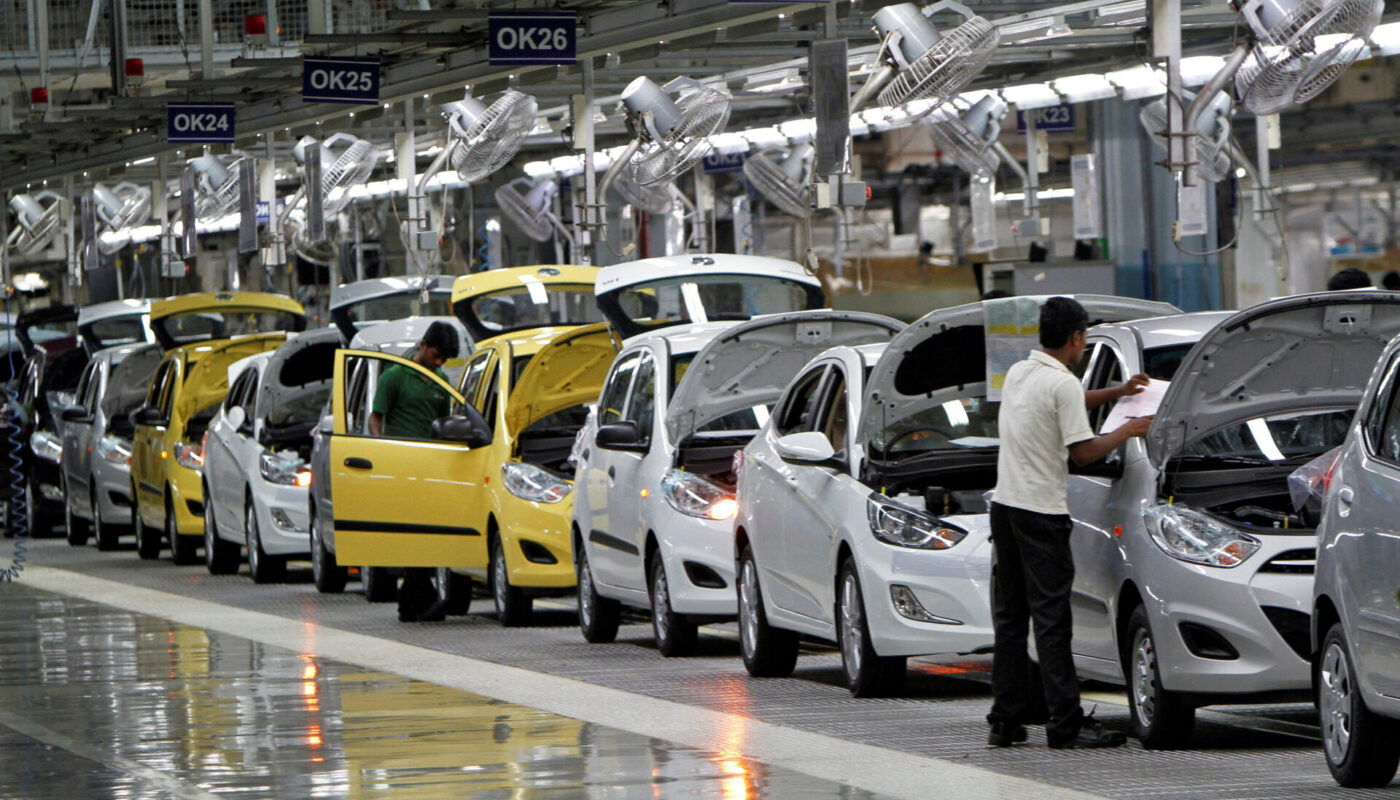The automotive industry in India has witnessed tremendous growth over the past few decades. With rising incomes and greater auto financing options available, car ownership has increased manifold. This expanding automobile sector has fueled the growth of ancillary industries like automotive stamping. Stamping is a major metal forming process used in the automotive industry to convert flat metal sheets into specific automotive parts with varying dimensions. In this article, we analyze the growth of automotive stamping industry in India and examine the key factors driving its development.
Growth in vehicle production
India has emerged as the 4th largest automotive producer globally with an annual production of around 4 million vehicles. This growing vehicle manufacturing has directly resulted in increased demand for stamped components from automakers. The production of passenger vehicles, commercial vehicles and two-wheelers has increased at a compound annual growth rate of over 10% in the last 5 years. Major automakers like Maruti Suzuki, Hyundai, Tata Motors and Mahindra & Mahindra are significantly ramping up their vehicle manufacturing capacities to cater to rising demands. This surge in vehicle manufacturing volumes is the primary factor fueling the growth of India’s auto components industry including stamping.
Localization of auto component manufacturing
To reduce import dependence and give a boost to the Make in India initiative, vehicle manufacturers are actively increasing localization of auto component manufacturing in India. Stamped components constitute a major share of the total automobile content. Original Equipment Manufacturers (OEMs) are mandating their tier1 suppliers to setup local stamping capacities near their plants to ensure just-in-time deliveries. This is providing a major impetus to the development of India Automotive Stamping industry. Leading press manufacturers like Schuler and Automotive Strips have set up large stamping plants across major automotive hubs in the country to capitalize on this opportunity.
Emergence of large auto component suppliers
Over the years, several large auto component suppliers have emerged in India to meet the growing needs of automakers. Companies like Motherson Sumi Systems, Rico Auto Industries and Sundaram Clayton have established a pan-India presence through multiple manufacturing units and a wide product portfolio including stamped parts. These tier1 suppliers currently account for over 60% of the organized automotive stamping output in the country. They have integrated operations including in-house tool manufacturing, heat treatment and metallurgical labs to deliver high quality products at competitive costs. The emergence of such big tier1 suppliers is aiding the structured growth of the automotive stamping supply chain.
Advancements in stamping technology
In order to produce lightweight yet high strength auto parts, stamping technology in India has evolved significantly. Suppliers are investing in advanced press lines capable of complex hyper stamping of multiple parts simultaneously. New servo presses with capacities over 1000 tons and hot stamping capabilities are increasingly being installed. There is also greater usage of high strength steels and aluminum alloys in stamping dies to develop innovative lightweight components. Automation levels through robotics integration are rising to improve productivity and quality consistency. Indian players are partnering global press and die manufacturers to gain access to latest world-class stamping technologies. These technological enhancements are elevating stamping capabilities and product offerings from domestic players.
Export opportunities opening up
With improving technologies and stringent quality standards, Indian automotive stamping manufacturers are now eyeing lucrative export avenues. Major auto component hubs in areas like Gurugram, Chennai and Pune have emerged as key stamping clusters fulfilling global supply chain needs. Companies are obtaining international certifications like TS 16949 to gain approvals from global OEMs and tier1 suppliers. India’s cost competitiveness and government’s export promotion schemes are helping players penetrate new overseas markets like Europe, Latin America and Africa. Two-wheeler and tractor component exports from India have already picking up. As manufacturing sophistication levels grow further, considerable stamping component exports for passenger vehicles and commercial vehicles are expected in the coming years.
Challenges on the horizon
While automotive stamping industry in India is witnessing exponential growth, it continues to face some key challenges which need to be addressed. The availability of skilled manpower in stamping technology requires enhancements through dedicated training institutes. Supply chains are yet to be seamlessly integrated with suppliers of press automation systems, dies & tooling etc. High costs of capital for machinery imports and relatively weak technology support infrastructure remain hindering factors. Fluctuating metal prices impact operational costs and demand-supply matching. Traffic infrastructure bottlenecks cause delays in just-in-time deliveries affecting manufacturing efficiencies. Success of Make in India also depends on development of ancillaries in non-auto sectors which support diversification of capacities. Resolving such challenges through government-industry collaboration will help tap the sector’s full potential.
Driven by the rising stature of India’s automobile industry, its strategic localization goals and advancing manufacturing capabilities, the country’s automotive stamping sector is poised for robust growth. With proactive support measures, industry-academia skills development and maturation of supplier-base, India can emerge as a prominent global hub for stamped auto components in the coming years. This will boost industrialization, create numerous jobs and substantially reduce import bills thereby strengthening our manufacturing ecosystem.
*Note:
1. Source: Coherent Market Insights, Public sources, Desk research
2. We have leveraged AI tools to mine information and compile it




